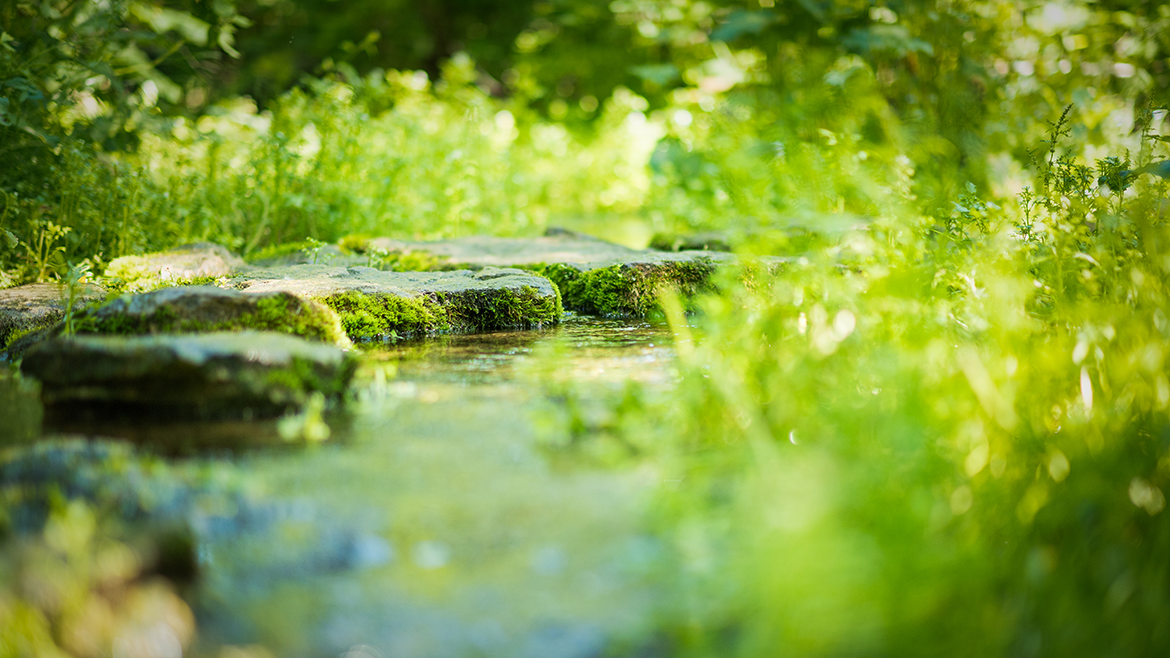
-
New videos can help you brush up on your salt smarts
New videos help both the general public and UW-Madison maintenance staff salt smarter in the winter, protecting both public safety and water quality.
Read More -
“Outstanding” results for WRI following a five-year review
With the new year comes a rating of “outstanding” for the University of Wisconsin Water Resources Institute based on a review conducted in 2019 by the program's funders at the U.S. Geological Survey.
Read More -
A mercury mystery in Hells Canyon: Wisconsin researchers awarded USGS grant for project in eutrophic reservoirs
Trina McMahon, a Vilas Distinguished Achievement Professor at the University of Wisconsin-Madison, and her team were recently awarded a National Competitive Grant from the USGS in cooperation with the National Institutes for Water Resources. They are using the three-year grant to study the “weird” methylmercury conditions in reservoirs on the Snake River in Hells Canyon.
Read More -
2019 in Review and Happy New Year
Thank you for contributing to water science in 2019. Here is a year in review, along with heartfelt greetings for a Happy New Year.
Read More -
Voter returns as Water Resources Science-Policy Fellow to shed light on Central Sands lakes
Carolyn Voter is working on the Central Sands Lake Study, which focuses on the interactions between groundwater and three Waushara County lakes, and the impact of high-capacity wells on those lakes.
Read More -
Superior resident is first EPA UW-Madison research fellow
Ryan Lepak, a UW-Madison-EPA research fellow, is looking at sources of methylmercury in fish and how it accumulates in and moves through the Great Lakes environment.
Read More -
Largest PCB cleanup in the world winding down
WRI Contributed to Fox River Effort Nov. 6, 2019 by Moira Harrington For three decades beginning in the 1950s, seven Fox River Valley paper mills manufactured or recycled carbon...
Read More -
Aquatic invasive species are short-circuiting benefits from mercury reduction in the Great Lakes
Nov. 4, 2019 By Moira Harrington According to a new study published today in the Proceedings of the National Academy of Sciences, 40 years of reduced mercury use, emissions, and loadin...
Read More -
UW-Madison embarks on new partnership with EPA to train next generation of scientists
A new program will support trainees at three levels (undergraduates, graduate students and postdoctoral fellows) while strengthening cooperation between the EPA and UW-Madison.
Read More -
S’no groundwater recharge if no snow? WRI project takes a look
Steve Loheide of the University of Wisconsin-Madison theorizes that, under a warming climate, Wisconsin's soil is actually going to be colder due to less snow cover. That has implications for groundwater recharge.
Read More -
Adapting Wisconsin’s inland lakes to climate change: WRI funds aid discussion, publication
A workshop involving 48 expert attendees has resulted in a publication outlining a holistic approach for managing Wisconsin's inland lakes in response to climate change.
Read More -
Water captures elected officials’ attention; it’s welcomed by WRI
Three New Research Projects Funded in 2019-20 July 9, 2019 By Moira Harrington Wisconsin’s public officials are devoting concerted attention to water issues in 2019. Between the gov...
Read More -
Water Resources postdoc concludes fellowship by presenting key findings to the city of Waupaca
Through detailed computer models, Stephanie DeVries studied increasing nitrate concentrations in two of Waupaca's municipal wells and possible ways to address this concern.
Read More -
Combining approaches yields best results for urban stormwater control
A project led by Steven Loheide that explores urban hydrology fixes was featured recently in a prominent newsletter.
Read More -
Remucal’s research furthers knowledge about drinking water safety, particularly from groundwater
The UW-Madison professor is studying the impact that the composition of dissolved organic matter has on the formation of disinfection byproducts in groundwater when that water is treated for use.
Read More
